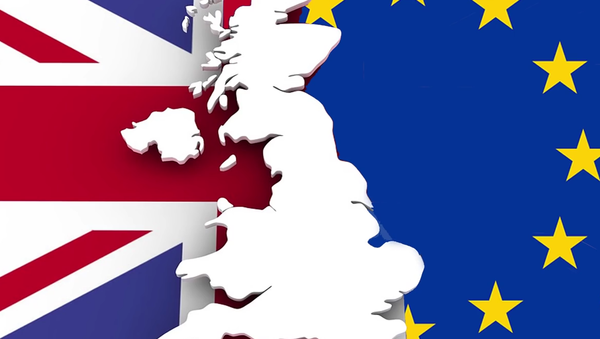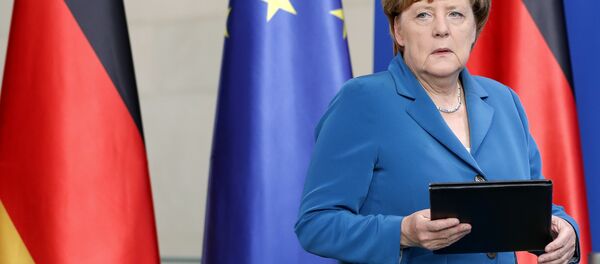It is significant that Merkel is hosting Tusk — at her official country retreat, Schloss Meseberg, a baroque castle 65 km north of Berlin — at the start of his tour of all 28 EU leaders ahead of the special summit on September 16, when Brexit will be discussed by all EU member states' leaders, except the UK's.
Tusk — as Council President — will lead the high-level talks on the strategy of how Brexit will work and he will need to get a clear steer from Merkel on how she is going to play it. There are strong links between Berlin and London and Merkel is pragmatic about Brexit.
Her government has already signaled that it would be prepared to offer the UK "special status" as part of a new settlement with London, but she will be unlikely to back down on the freedom of movement on EU workers. Tusk will be keen to finesse her arguments.
Tusk has other meetings set up with the heads of government of France, Luxembourg, Ireland, the UK, Latvia, Lithuania, Estonia, Sweden, Malta, Spain and Hungary. He will be keen to enter the "informal "meeting — as it is billed — in September.
I intend to consult all leaders on possible future reforms ahead of our meeting at 27 in Bratislava https://t.co/XMmGklwUwa
— Donald Tusk (@eucopresident) August 11, 2016
Merkel is acutely aware of the UK's problems. She did her best to concede some ground to Britain's former Prime Minister David Cameron at the February summit, when he tried to get enough concessions out of Brussels to campaign for Britain to remain in a "reformed" EU.
At the time, Cameron said:
"Britain will be permanently out of ever closer union — never part of a European superstate. There will be tough new restrictions on access to our welfare system for EU migrants — no more something for nothing. Britain will never join the euro. And we have secured vital protections for our economy and full say over the rules of the free trade single market while remaining outside of the euro."
However, his mission failed and Britain voted to leave the EU, sending shockwaves throughout Europe.
Backlash Against Brussels
Merkel herself is facing rising euroskepticism at home, with rising support for the populist right-wing party Alternative for Germany (AfD) amid growing opposition to her migrant policy.
She is also facing a backlash within the EU over her hastily-brokered EU-Turkey migrant deal under which the EU was due to pay Turkey — initially — US$3.95 billion to bolster its refugee camps and accept "irregular" migrants denied asylum in Greece in return — on a one-for-one basis — for Syrian refugees in Turkey being relocated in the EU.1,000 haev so-far been relocated back to Turkey, but it remains unclear about relocations from Turkey to EU members states.
EU-Turkey Statement: Member States have surpassed 1000 resettlements. Need delivery on all fronts by all parties.
— DimitrisAvramopoulos (@Avramopoulos) August 17, 2016
However, the deal also included the EU agreeing to grant Turkish citizens visa-free access to the EU by the end of July and accelerate its accession to becoming a full member of the EU. This is now falling apart amid growing opposition caused by concerns over Turkish President Recep Tayyip Erdogan's increasing grip on power, silencing of opposition and media and crackdown on supporters of the failed coup.
Tusk will also be aware that the deal to relocate refugees from Italy and Greece to member states, according to a quota system has also hit the buffers. There is growing concern that the Eurozone in facing another financial crisis and there are growing calls for more powers to be given back to member states' parliaments. Merkel and Tusk will have a lot on their plates as they dine in her castle Thursday evening.




